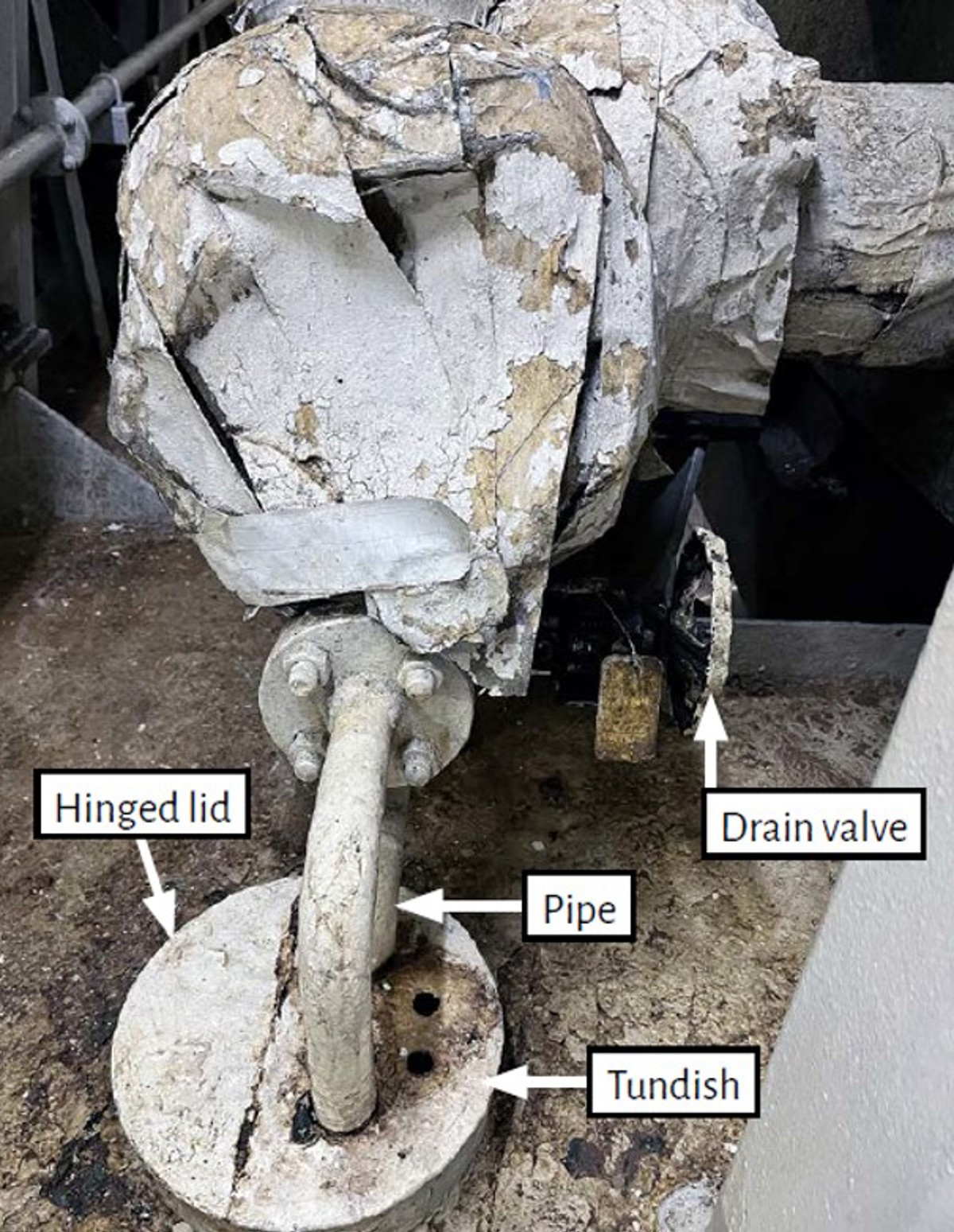MAIB: A scalding injury
- Safety Flash
- Published on 30 November 2022
- Generated on 21 February 2026
- IMCA SF 27/22
- 2 minute read
Jump to:
The Marine Accident Investigation Branch Safety Digest 2/2022 includes an incident in which an engineer suffered severe scalding to his face.
What happened?
The incident occurred during rounds, when a cruise ship’s third engineer discovered a leak on the drain valve for one of the vessel’s four economisers. There was an open-ended pipe running from the valve to a tundish drain in the deck. The Chief Engineer was briefed and a decision was taken to conduct a repair. The economiser’s circulating pump was stopped and the inlet and outlet valves were shut; the plan was to leave the system to cool down overnight before the repair.

What went wrong?
After the isolations were in place, but before the system had cooled down, the Second Engineer decided to check the system by opening the drain valve. Leaning over the valve, the Second Engineer cracked it open and pressurised hot water and steam burst out of the drain pipe. The force of the discharge caused the hot water to deflect upwards off the tundish, severely scalding his face. After initial medical treatment on board, he was evacuated to a nearby hospital for specialist burns care.
The lessons (MAIB)
- Hazard: The opening of drain lines on pressurised systems should be undertaken with extreme caution.
- Risk: The Second Engineer leant forward over the pipework that ran to the tundish to open the drain valve. As a result, his upper body was directly in line with the deflected water and steam. When venting or releasing stored pressure, keep your body OUT OF THE PATH of any predictable discharge.
- Equipment: Take great care when opening valves that are infrequently used. A valve that has become seized in the shut position may require extra force to manoeuvre it and lead to the valve suddenly and unexpectedly opening, causing an uncontrolled fluid flow. The use of a correctly sized wheel key can provide appropriate torque and increase the application of controlled force to the valve wheel.
Related Safety Flashes
-
IMCA SF 20/22
5 September 2022
-
-
IMCA SF 30/16
9 November 2016
-
IMCA SF 22/16
1 September 2016
IMCA Safety Flashes summarise key safety matters and incidents, allowing lessons to be more easily learnt for the benefit of the entire offshore industry.
The effectiveness of the IMCA Safety Flash system depends on the industry sharing information and so avoiding repeat incidents. Incidents are classified according to IOGP's Life Saving Rules.
All information is anonymised or sanitised, as appropriate, and warnings for graphic content included where possible.
IMCA makes every effort to ensure both the accuracy and reliability of the information shared, but is not be liable for any guidance and/or recommendation and/or statement herein contained.
The information contained in this document does not fulfil or replace any individual's or Member's legal, regulatory or other duties or obligations in respect of their operations. Individuals and Members remain solely responsible for the safe, lawful and proper conduct of their operations.
Share your safety incidents with IMCA online. Sign-up to receive Safety Flashes straight to your email.